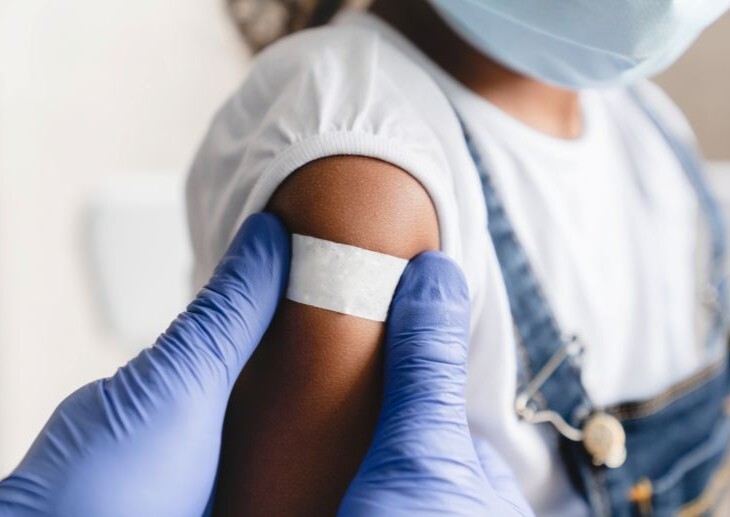Improving maternity care and supporting victims of domestic and sexual abuse are among the top priorities for women’s health in 2024, the Government has said.
Speaking at the Women’s Health Summit yesterday (17 January), health secretary Victoria Atkins said key priorities for 2024 also included ‘fairer, comprehensive care’ for menstrual problems, menopause and conditions such as endometriosis.
She also announced the launch of a Research Challenge to tackle maternity disparities, worth £50m from the National Institute of Health and Care Research.
The priorities for the year were developed from responses to the Government’s call for evidence, which saw responses from more than 100,000 healthcare professionals and members of the public, the Department for Health and Social Care (DHSC) said.
Ms Atkins said: ‘We’ve made huge progress – enabling almost half a million women access to cheaper HRT, supporting women through the agony of pregnancy loss and opening new women’s health hubs – but I absolutely recognise there is more to do.
‘We’re ensuring these changes benefit all women, regardless of socioeconomic background or ethnicity, because our Women’s Health Strategy is only a success if it works for all women.’
The major priorities for women’s health in 2024 include:
- Better care for menstrual and gynaecological conditions, supported by rolling out women’s health hubs and producing new guidance for healthcare professionals
- Expanding women’s health hubs
- Tackling disparities and improving support for vulnerable women, including those who are victims of abuse, by ensuring training and support systems work efficiently
- Bolstering maternity care before, during and after pregnancy by continuing to deliver on NHS England’s three-year delivery plan
- Supporting more research into women’s health.
Minister for women’s health, Maria Caulfield, said: ‘Helping women and girls who suffer from bad periods can make a huge difference to their lives, education and careers. And any woman who has experienced trauma after giving birth – either mentally or physically – will know the impact it can have on all aspects of her life.
‘These are issues that impact women but they should not be seen as ‘women’s problems’ – it is an everyone problem. We are doing more to put these issues on the agenda and keep them there, to close the gender health gap once and for all.’
Key successes from 2023 include the purchase of 484,082 HRT prescription prepayment certificates saving women money in ongoing prescription charges and NHS England announcing its ambition to eliminate cervical cancer by 2040.






